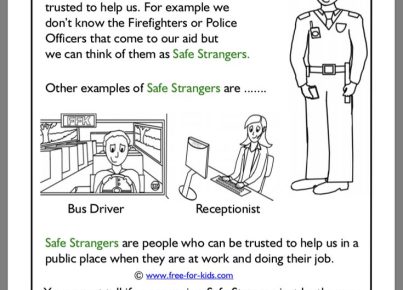Introduction
In today’s highly competitive educational environment, there is an emphasis on early learning and achievement. To keep pace with this trend, kindergarten standards have become more rigorous, with children experiencing increased academic stress. However, it begs the question – are the issues faced by young learners due to personal challenges or unrealistic expectations set by the kindergarten standards themselves?
The Evolution of Kindergarten
Historically, kindergarten focused primarily on socialization and play-based learning, fostering creativity and curiosity among young minds. However, over time, the focus has shifted more towards formal education and meeting specific benchmarks, which led to high academic pressure on children just starting their educational journey.
The Burden of Unrealistic Expectations
1. High-Stress Environment: Today’s rigorous kindergarten standards can create a high-stress environment for young learners who are expected to master skills they may not be developmentally ready for yet. This pressure can result in stress, anxiety, and negative feelings associated with learning.
2. Diminished Creativity: Strict guidelines stipulating what a child should know and learn often leave little room for creativity and exploration in the classroom. Creativity is critical in nurturing problem-solving skills, innovation, and flexibility – vital for success in future endeavors.
3. Delayed Social-Emotional Development: The excessive focus on academic outcomes frequently leads to less emphasis on children’s social-emotional development – a key aspect of holistic growth.
Identifying the Real Problem
When parents notice that their child is struggling to meet kindergarten standards, they should consider these factors before assuming the fault lies with their child:
1. Are the Standards Developmentally Appropriate? Research indicates that children develop at different rates. Kindergarten standards based on rigid age norms fail to account for this variability in development.
2. Is the Classroom Environment Conducive to Learning? A supportive learning environment that accounts for varying levels of readiness is crucial. The classroom should provide opportunities for all children to grow at their own pace, combining academic expectations with ample room for play and social interaction.
3. Are Teachers Well-Supported? Educators need resources and time to cater effectively to individual student needs and development, accommodating diverse learners within the classroom while teaching a broad curriculum.
Reevaluating the Kindergarten Standards
It’s crucial that education systems around the world thoroughly reevaluate kindergarten standards and take relevant factors into account for comprehensive growth. When forming policies, stakeholders should consider:
1. Flexibility: Allow for flexibility in implementing standards, as children differ in their developmental state, ready to learn at different paces.
2. Balance: Find a balance between academic rigor and essential aspects of childhood development. This holistic approach fosters a positive attitude towards learning and resilience against setbacks.
3, Support: Provide ample resources to educators to enable them to meet students’ varied needs effectively, focusing on individualized interventions without compromising learning quality.
Conclusion
In conclusion, it’s essential not to label children as problematic when they might merely be struggling due to inadequate or overly demanding kindergarten standards. By promoting flexibility, balance, and support in kindergarten education policies, we can foster growth in our young learners without sacrificing their well-being or inhibiting their overall development.





